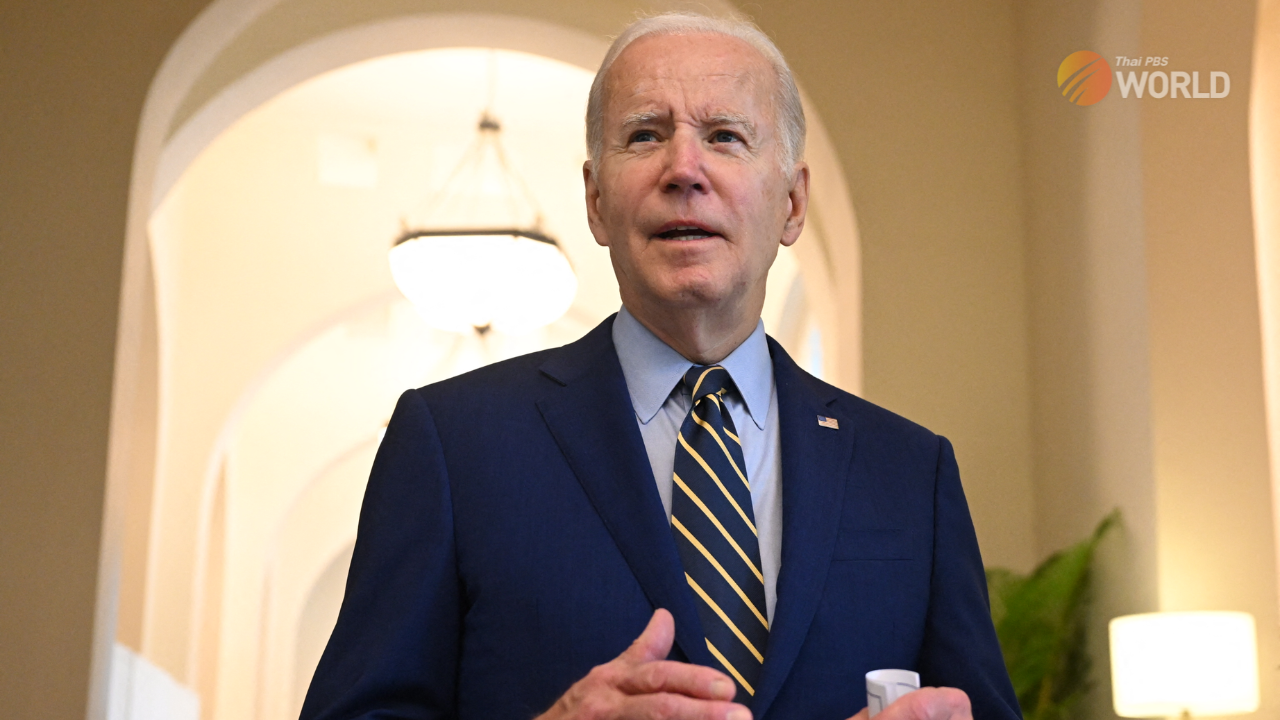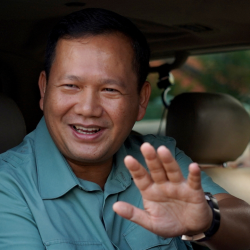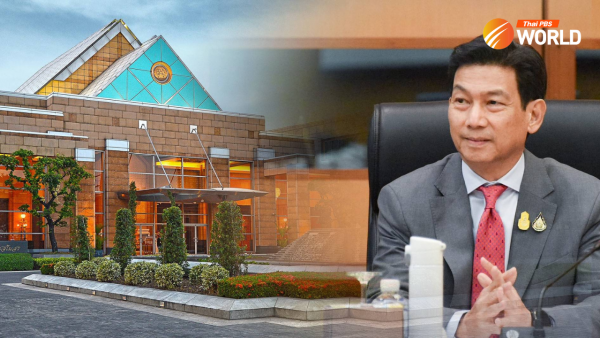Opinion – To win over Southeast Asia, America must be humble

Southeast Asia has become one of the most important strategic regions in global geopolitical gamesmanship. For the US to win the hearts and minds of countries in the region, Washington must listen more, be humble and realise that it is one of several actors. In addition, the US must be consistent when it comes to engagement with the region.
These were among the valuable comments made by US experts with long experience in Asia. “Prioritising Southeast Asia in American China Policy”, which was released last week by the Asia Society, was a good read with doable recommendations. Although some were not new, the way in which the report emphasised the US-Southeast Asia ties without concentrating on the US-China paradigm was refreshing. It is not easy for American scholars to conclude that America should forget its past “supremacy”, because the world today has changed from unipolar to multipolar. Indeed, the report stressed that America is only one of several regional actors.
America can do several favours for the region, if Washington just acts normally like other dialogue countries. In the past decades, the US has failed miserably by pressuring developing countries to follow US norms and values, directly or indirectly, through its networks of international nongovernmental organisations. If they refused, Washington would look for ways to reprimand them in more ways than one.
Now, with the rise of China and its expansive economic relations and development programs throughout the region, the US needs to get into the regional game, especially on economic matters. When the US pulled out of its brainchild, the Trans-Pacific Partnership, Washington cut off its own right arm over economic engagement. Now, other world economies are enjoying the fruits of their efforts under the Regional Comprehensive Economic Partnership, which ASEAN has been leading.
In the report, the task force, which was co-chaired by Orville Scheel and Susan Shirk, said succinctly that the US should improve its public diplomacy towards the region by getting better at telling them what Washington already does to help them. It is important to keep in mind also that the US must seek consultation with the region over the schemes it wants to implement.
The Indo-Pacific Economic Framework (IPEF), which was launched last year, has been increasingly embraced by less developed countries among the 14 founding signatories. The reason is simply that the US has not been putting pressure on them to follow the proposed four pillars (trade, supply chain resilience, green economy and fair trade) as outlined in the IPEF. Whoever is ready to join can do so while others can defer. Earlier, there were fears that participating countries would soon jump ship because the framework has nothing to do with market access or reduction of tariffs. That was unfounded. Now that the draft text of the IPEF has been agreed, meaning that it should soon be finalised, the developing country members are more committed to carrying out the IPEF framework.
Take Thailand as an example. Bangkok was highly sceptical when the idea was proposed last year, but it decided to join to ensure that it would not miss the train (like the TPP, which subsequently transformed into the Comprehensive and Progressive Trans-Pacific Partnership). Now, after four rounds of negotiation, Thailand has seen the future benefits of IPEF in elevating the overall standards of economy and skills. Bangkok is hosting the fifth round next month, as its proposed programs on capacity building including the bio-circular-green economic model have been discussed.
Another important recommendation, which has been repeated again and again, is to take ASEAN seriously. Former President Donald Trump was the worst performer of all American presidents when it came to engaging with ASEAN; he had no clue and no interest. Barack Obama, conversely, did well with ASEAN. So far, the Biden administration has shown interest in ASEAN, but more tangible outcomes will be needed to prove that ASEAN matters to America.
It must be emphasised here that stronger US support for ASEAN will enhance Washington’s influence in the region.
By Kavi Chongkittavorn






